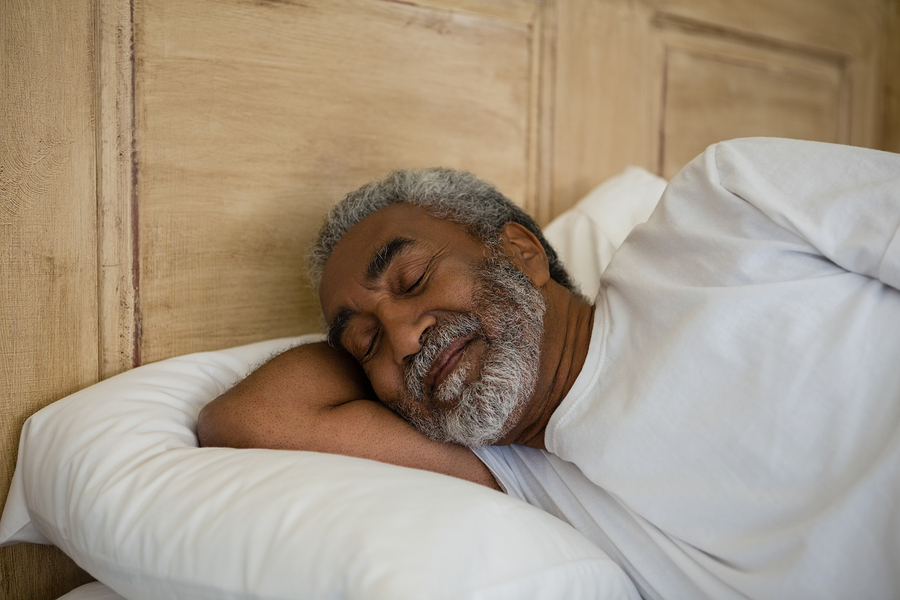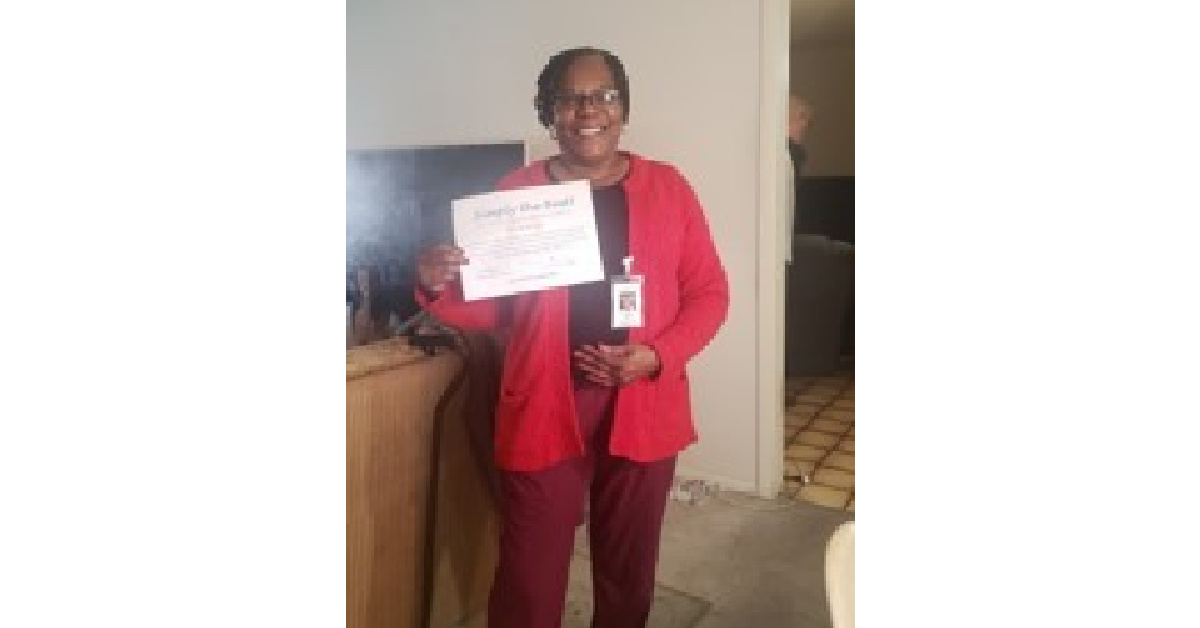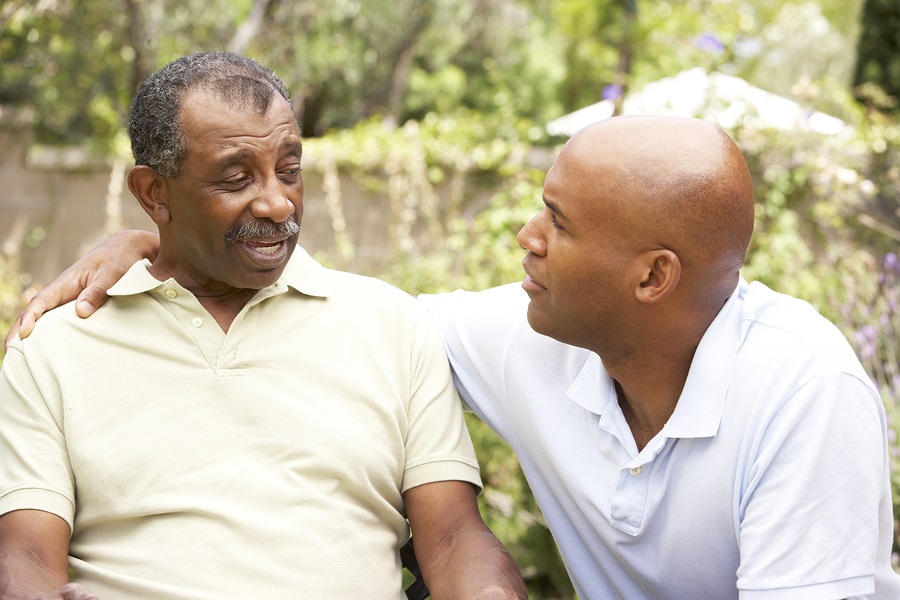
Nocturia is a common condition involving bladder control at night. It’s all about waking up and needing to go to the bathroom. It’s estimated that it impacts almost half of men and women over the age of 60.
Do your parents have nocturia? It’s not surprising if they do. Home care assistance may be an important part of the care plan when nocturia is present. Here are the things you should know about nocturia.
What Key Factors Increase the Likelihood?
Many cases of nocturia are linked to nocturnal polyuria. It’s a common condition where the kidneys produce too much urine when the body rests. The medications your mom or dad takes and overactive bladder are other reasons.
Women are more likely to experience nocturia if they have a weaker pelvic floor. It’s common in women who had children and are going through menopause. If uterine prolapse is a concern and causes pushing on the bladder, some procedures can resolve it.
If your parents drink too much before going to bed, it will lead to nocturia. Drinking alcohol or caffeinated beverages also increases the chances of waking in the middle of the night and needing to go to the bathroom.
Some health conditions increase the risk. Diabetes, heart disease, and high blood pressure are among them. It impacts how the body works. If your mom or dad has insomnia issues, they may also find themselves waking up and needing to go to the bathroom.
What Can You Do to Help?
Your mom or dad needs to talk to the doctor. If there is an underlying health issue, addressing it is essential. Medications and diet could stop nocturia from happening.
Invest in two waterproof mattress covers to help protect the mattress from urine stains. Instead of replacing an entire mattress, you just have to strip off the soiled mattress cover, put it into the wash, and replace it with a second cover.
Don’t let your parents drink a lot of water before bed. They should limit how much they drink after dinner. Before going to sleep, a bathroom trip should be the last thing your mom or dad does.
Do your parents take time each day to put their feet up? They should. It helps with circulation and allows water to get absorbed into the bloodstream, where it eventually excess fluids go to the bladder.
Make sure your parent has someone to help them get showered and changed. Caregivers can also help them remember when to take a break from activities and head to the bathroom. Call a home care assistance specialist to learn more.
Sources:
https://www.ncbi.nlm.nih.gov/pmc/articles/PMC5209574/


 Golden Heart has elected Denise “Quinn” Brown as our amazing December Caregiver of the Month! Quinn is originally from Philadelphia, PA and lived there for 39 years before moving to Reynoldsburg, OH for another 22 years. Luckily for us, Quinn relocated to Las Vegas one year ago and eventually crossed paths with us! Quinn has five daughters, who have given here for grandsons, 3 granddaughters, and soon another grandson who will be joining the family in June 2022. For over 30 years, Quinn worked in healthcare as a State tested Nurse Aide, Restorative Aide, and Hospice Aide. After retirement, Quinn found that she missed taking care of others and this inspired her to reenter healthcare and become a Caregiver. Her favorite part of caregiving is being able to spend one-on-one time with her clients and sharing stories with each other. Quinn is proud of the progress she has seen her client make because she says the experience is rewarding and very personal to her. She is also incredibly proud of her daughters and all that they’ve accomplished. In the next five years, Quinn hopes to be enjoying retirement in good health. Quinn shows what it means to be a Golden Heart Caregiver and we are so grateful for what she brings to our team. Congratulations on everything you’ve accomplished Quinn, you’re awesome!
Golden Heart has elected Denise “Quinn” Brown as our amazing December Caregiver of the Month! Quinn is originally from Philadelphia, PA and lived there for 39 years before moving to Reynoldsburg, OH for another 22 years. Luckily for us, Quinn relocated to Las Vegas one year ago and eventually crossed paths with us! Quinn has five daughters, who have given here for grandsons, 3 granddaughters, and soon another grandson who will be joining the family in June 2022. For over 30 years, Quinn worked in healthcare as a State tested Nurse Aide, Restorative Aide, and Hospice Aide. After retirement, Quinn found that she missed taking care of others and this inspired her to reenter healthcare and become a Caregiver. Her favorite part of caregiving is being able to spend one-on-one time with her clients and sharing stories with each other. Quinn is proud of the progress she has seen her client make because she says the experience is rewarding and very personal to her. She is also incredibly proud of her daughters and all that they’ve accomplished. In the next five years, Quinn hopes to be enjoying retirement in good health. Quinn shows what it means to be a Golden Heart Caregiver and we are so grateful for what she brings to our team. Congratulations on everything you’ve accomplished Quinn, you’re awesome!






